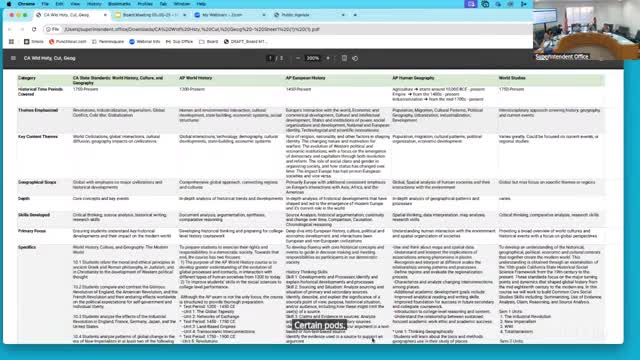Article not found
This article is no longer available. But don't worry—we've gathered other articles that discuss the same topic.
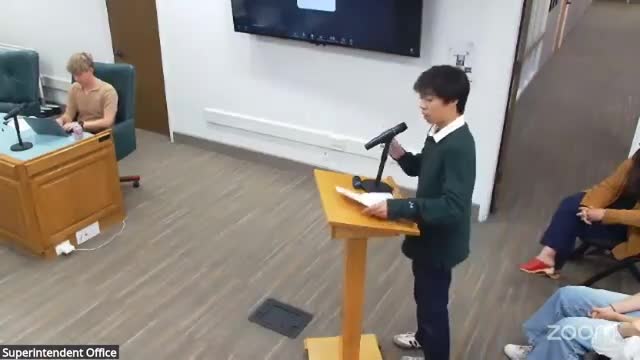
Student editors urge board to protect Oracle print newspaper and hands‑on journalism program
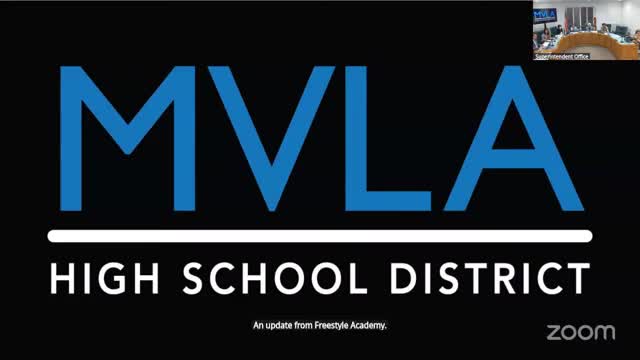
Freestyle Academy highlights facilities, guest speakers and May 22 exhibition; calls for wider student outreach
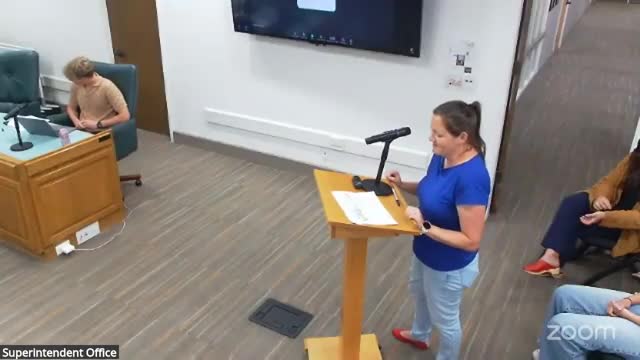
Parents urge district to block cars from Los Altos High’s East Drive after tally shows many students using the path
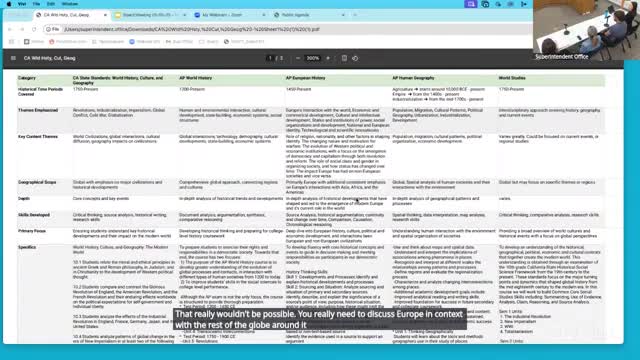
District staff explain master‑schedule process, timelines and tradeoffs to trustees
